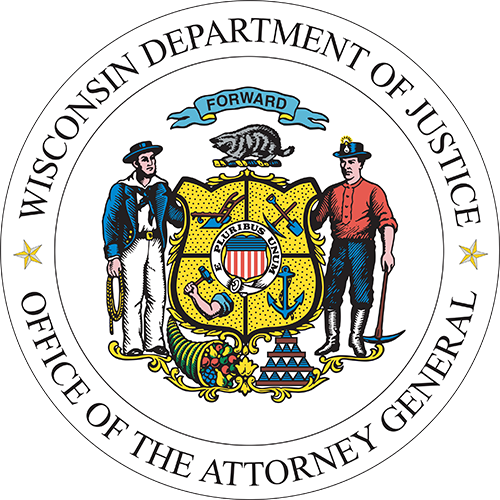Attorney General Kaul Joins Coalition Calling on EPA to Ensure That Grant Funding Under the Inflation Reduction Act Furthers Environmental Justice
MADISON, Wis. – Attorney General Josh Kaul joined a coalition of eight attorneys general calling on the U.S. Environmental Protection Agency (EPA) to ensure that the benefits of EPA’s Environmental and Climate Justice (ECJ) Block Grant Program reach underserved communities as intended under the historic Inflation Reduction Act (IRA).
“With the Inflation Reduction Act’s historic investments in fighting the climate crisis, we can and should make significant strides to further environmental justice,” said Attorney General Josh Kaul. “The recommendations we submitted to the EPA would help ensure that the Inflation Reduction Act equitably promotes clean air for all.”
EPA’s ECJ program will provide $3 billion in funding to community-based organizations, local government agencies, institutions of higher education, and Tribes for projects aimed at reducing pollution and promoting clean energy in disadvantaged communities. The program is one of the many programs geared toward advancing environmental justice under the IRA, which makes the nation’s largest ever investments in tackling climate change.
In comments filed in response to EPA’s request for public information, the coalition applauds EPA’s commitment to efficiently, meaningfully, and equitably implement its ECJ program. If done correctly, the comments contend, the IRA and ECJ program have the potential to make a meaningful difference in underserved communities nationwide. But EPA must engage communities and design its ECJ program to ensure its funding advances community priorities. To that end, the comments urge EPA to provide clear standards and definitions; implement equity and value community in grant scoring procedures; and prioritize the funding and allocation of resources directly to community-based organizations.
Specifically, the comments recommend that EPA:
- Provide a clear definition of the term “disadvantaged community” for purposes of the grant program.
- Utilize quantitative factors by which disadvantaged communities can be measured to identify and support the communities most disproportionately impacted by the climate crisis and environmental harms.
- Take proactive steps to incorporate equity into its grant proposals, applications, and evaluation and scoring processes.
- Prioritize and provide higher value to an applicant’s connection to the community and its history working with disadvantaged and underserved communities.
- Evaluate all grant applicants based on the same criteria and standards.
- Prioritize projects that provide clear and specific details on how and when community engagement and public participation will occur.
- Collect feedback directly from impacted community members to track and measure relevant program progress and outcomes to ensure the benefits of the project are directly reaching those who need them the most.
Joining Attorney General Kaul in issuing these comments are the attorneys general of Colorado, Maryland, Massachusetts, Minnesota, New York, Oregon, and the District of Columbia.
